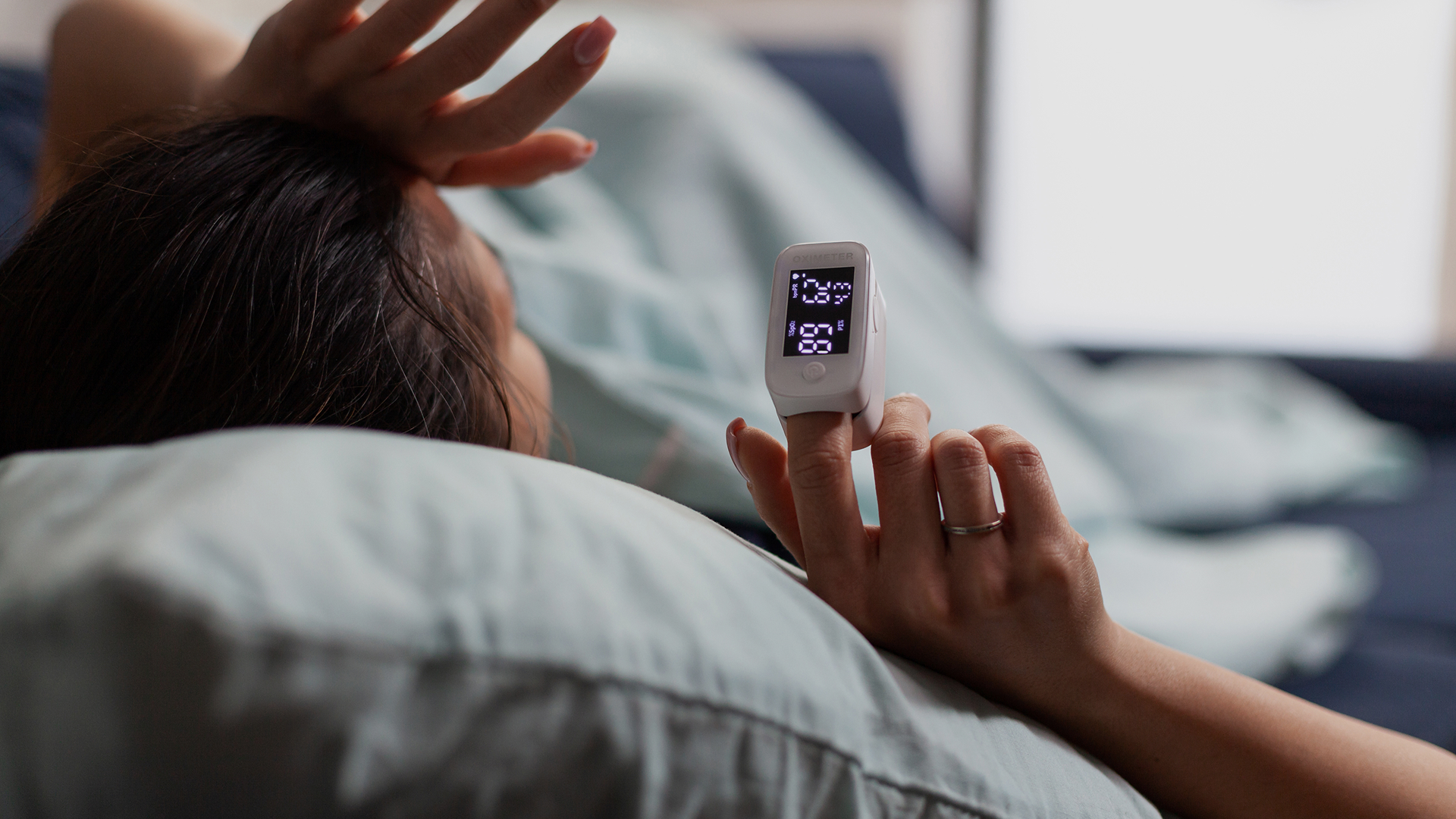Everyone experiences occasional sleepless nights, but when insomnia becomes a frequent issue, it can significantly impact your health and quality of life. If you struggle with falling asleep, staying asleep, or waking up too early, you may need professional help. But how do you know when it’s time to see a doctor? This article explores the warning signs, health risks, and available insomnia treatment options to help you make an informed decision.
What Is Insomnia?
Insomnia is a common sleep disorder characterized by difficulty falling or staying asleep. It can be acute (short-term) or chronic (long-term), depending on how often it occurs.
Types of Insomnia
| Type | Description | Duration |
| Acute Insomnia | Short-term sleep disturbances caused by stress, travel, or lifestyle changes. | Days to weeks |
| Chronic Insomnia | Long-term difficulty sleeping, occurring at least 3 nights per week for 3 months or more. | Months to years |
| Onset Insomnia | Difficulty falling asleep at bedtime. | Varies |
| Maintenance Insomnia | Waking up frequently during the night and struggling to return to sleep. | Varies |
| Early Morning Awakening Insomnia | Waking up too early and being unable to go back to sleep. | Varies |
Signs You Should See a Doctor for Insomnia
While occasional sleep disturbances are normal, the following warning signs indicate that professional intervention may be necessary:
1. Difficulty Sleeping for More Than Three Weeks
If you have trouble sleeping at least three nights per week for more than three weeks, it could be a sign of chronic insomnia.
2. Daytime Fatigue & Impaired Functioning
Insomnia can cause excessive daytime sleepiness, reduced concentration, and poor productivity. If sleep deprivation affects your work or daily tasks, medical evaluation is necessary.
3. Mood Changes & Mental Health Issues
Poor sleep can contribute to anxiety, depression, irritability, and mood swings. If your sleep issues are affecting your emotional well-being, a doctor can recommend effective treatment.
4. Reliance on Sleep Aids
Frequent use of over-the-counter sleep medications, alcohol, or caffeine to regulate sleep may indicate an underlying sleep disorder that requires medical attention.
5. Worsening Physical Health
Chronic insomnia is linked to several health problems, including:
- High blood pressure
- Diabetes
- Obesity
- Heart disease
- Weakened immune function
If you have existing health conditions that worsen due to poor sleep, consult a doctor immediately.
6. Signs of Sleep Disorders
Certain sleep conditions mimic insomnia, including:
- Sleep apnea (pauses in breathing while sleeping)
- Restless legs syndrome (urge to move legs during sleep)
- Circadian rhythm disorders (difficulty sleeping at normal hours)
A doctor can help diagnose and treat these conditions.
How a Doctor Can Help with Insomnia
1. Medical Evaluation & Diagnosis
A doctor will assess your sleep patterns, lifestyle, and medical history to determine the underlying cause of insomnia. They may recommend a sleep study if a sleep disorder is suspected.
2. Cognitive Behavioral Therapy for Insomnia (CBT-I)
CBT-I is a scientifically proven, non-medication-based treatment that helps identify negative sleep patterns and replace them with healthier habits. It includes:
-
- Sleep restriction therapy
- Stimulus control therapy
- Relaxation techniques
- Cognitive restructuring
- Behavioural modification
3. Medications & Natural Sleep Aids
Depending on the severity of insomnia, a doctor may prescribe:
- Melatonin supplements (to regulate sleep cycles)
- Prescription sleep aids (only for short-term use)
- Antidepressants or anti-anxiety medications (if mental health issues contribute to insomnia)
- Herbal remedies (like valerian root or chamomile tea) may be beneficial
4. Lifestyle Modifications & Sleep Hygiene
A doctor may recommend improving sleep hygiene, which includes:
- Keeping a consistent sleep schedule
- Avoiding blue light exposure before bed
- Creating a comfortable sleep environment
- Reducing caffeine and alcohol intake






